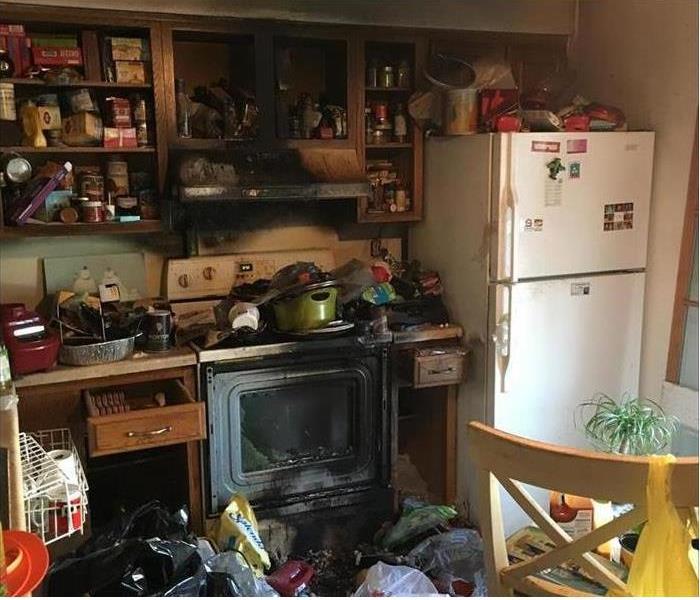As a Renter, Does My Insurance Cover Fire Loss?
4/5/2021 (Permalink)
Insurance can be confusing. As a renter of your residence, it can be even more complicated to understand exactly what renters insurance does or doesn’t cover. After all, you don’t own the building, but you certainly have an investment in your own belongings. If your home sustains a fire disaster what does this insurance coverage typically include?
1. Personal Property
This coverage includes fire damage caused by the negligence of you or someone else (criminal acts are excluded). While your policy doesn’t cover the structure in which you live or any property owned by your landlord (walls, light fixtures, flooring, appliances — your landlord’s policy covers these), it does include the loss of your personal property (except for your vehicle). Fortunately, it usually covers the replacement cost instead of the actual cash value. So, you’ll receive payment on what it costs to replace the item versus the depreciated value. Subsequent damage such as smoke and/or soot is also covered.
2. Loss of Use
Oftentimes a fire causes such extensive loss that the home is unlivable. Your insurance will reimburse you for living expenses (e.g., hotel stays) during the fire restoration process.
3. Liability
A fire caused by your negligence could cause injury to someone else (i. e., a neighbor or visitor) or cause their property to sustain damage. Your renters insurance will step in to cover these losses.
4. Medical Expenses
If someone sustains a small bodily injury as a result of your fire, “medical payments to others” will pay for their medical bills. This is no-fault coverage, which means that it doesn't require determination of fault, unlike liability coverage, allowing for faster reimbursement.
If you're renting your residence in the Philadelphia area, renters insurance isn't required but could be worth the extra expense for the added assurance. Fire damage cleanup experts will return your home to its preloss condition in the event of a fire.






 24/7 Emergency Service
24/7 Emergency Service